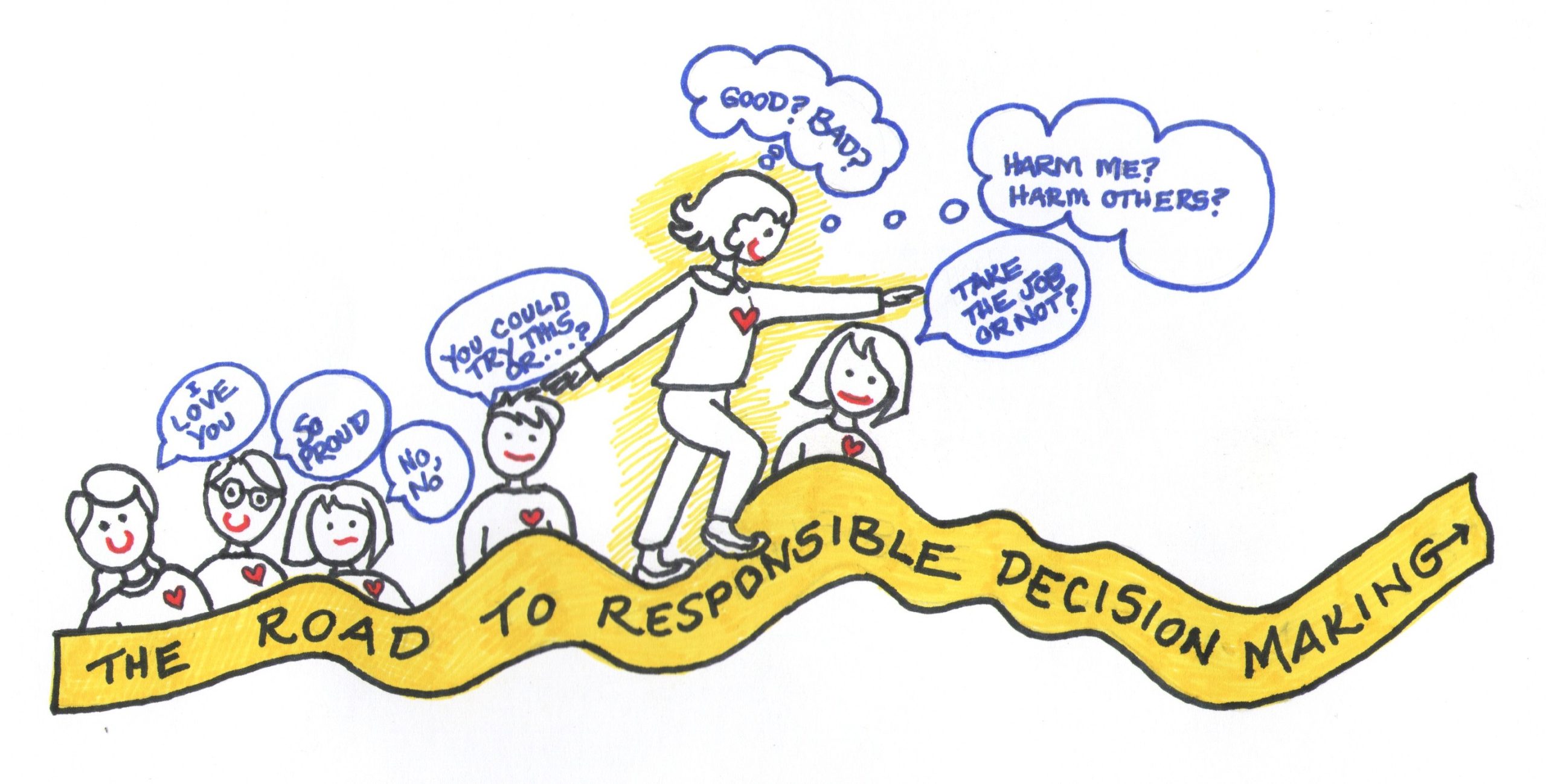Raising decision-makers and responsible adults-to-be
Raising decision-makers and responsible adults-to-be is a crucial goal for parents, educators, and society as a whole. As children grow into adulthood, they need to develop the skills and mindset necessary to make sound decisions and take responsibility for their actions. This process involves nurturing independence, critical thinking, problem-solving abilities, and ethical values. Here are some key aspects to consider when aiming to raise decision-makers and responsible adults-to-be.
Firstly, fostering independence is essential. Encouraging children to take on age-appropriate responsibilities and allowing them to make decisions within reasonable boundaries helps build their confidence and autonomy. By gradually increasing their independence, parents and caregivers empower children to learn from their choices, take ownership of their actions, and develop decision-making skills.
Secondly, developing critical thinking and problem-solving abilities is crucial. Children of cambria international which is Best schools in Kalyan are encouraged to ask questions, analyze situations, and consider multiple perspectives. Engaging them in open discussions, exposing them to different ideas, and challenging them to think critically promotes intellectual growth and equips them to tackle challenges effectively. Encouraging creative problem-solving nurtures their ability to identify and evaluate solutions, fostering a proactive approach to decision-making.
Thirdly, teaching ethics and values is vital. Instilling a strong moral compass and ethical principles provides a foundation for responsible decision-making. Children should be guided to understand the impact of their choices on others and the broader community. Encouraging empathy, compassion, and respect for diversity helps them make ethical decisions that consider the well-being of all stakeholders. Teaching them about honesty, integrity, and accountability helps develop responsible and trustworthy adults.
Moreover, allowing children to experience consequences is important. Shielding them from the natural outcomes of their actions hinders their growth as decision-makers. While parents should provide guidance and support, it is crucial to let children face the consequences of their choices, whether positive or negative. This fosters a sense of accountability and helps them learn from their experiences, leading to greater responsibility in the future.
Additionally, promoting resilience is essential. Encouraging children to embrace challenges, learn from failures, and persevere through difficulties helps develop their resilience. Resilient individuals are better equipped to make decisions and take responsibility for their actions, as they possess the emotional strength to navigate setbacks and setbacks.
Furthermore, leading by example is powerful. Adults must model responsible decision-making and ethical behavior in their own lives. Children observe and learn from the actions of their parents, teachers, and role models. Demonstrating integrity, sound judgment, and taking responsibility for one’s actions provides children with valuable lessons and inspires them to follow suit.
Lastly, providing opportunities for practice and growth is crucial. Allowing children to take on age-appropriate challenges, make decisions within safe environments, and learn from their experiences strengthens their decision-making skills. Encouraging participation in activities that promote leadership, problem-solving, and teamwork, such as sports, clubs, or community service, offers valuable opportunities for growth and development.
In conclusion, raising decision-makers and responsible adults-to-be requires a comprehensive approach. By fostering independence, developing critical thinking and problem-solving abilities, teaching ethics and values, allowing children to experience consequences, promoting resilience, leading by example, and providing opportunities for practice and growth, we can empower children to become capable decision-makers and responsible adults. This investment in their development will not only benefit them personally but also contribute to the betterment of society as they navigate a complex and ever-changing world with wisdom, integrity, and compassion.


